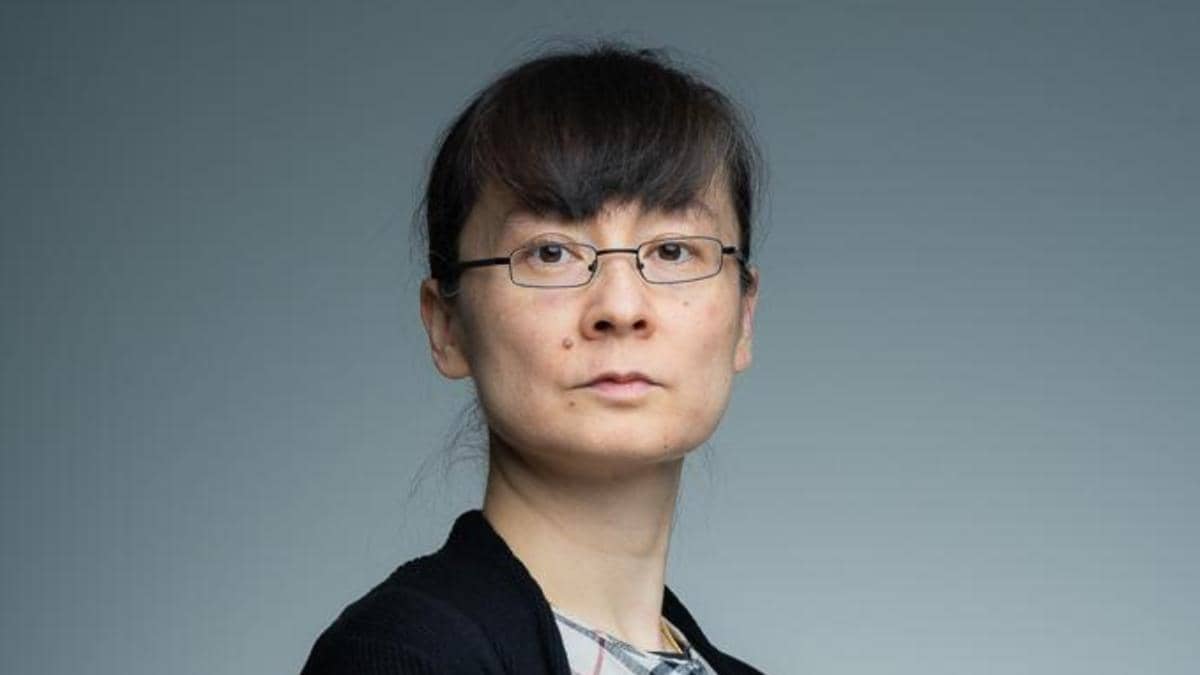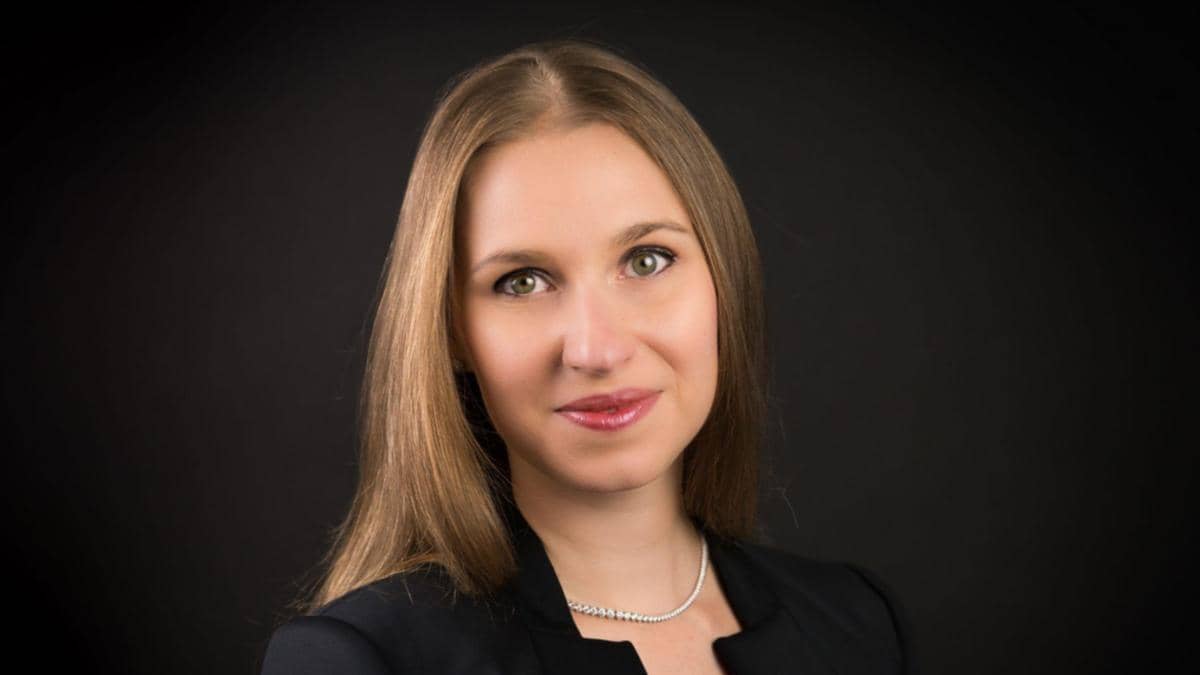Patrick Volkart from Bank Avera – Fund Selector of the Month

5 MAY, 2021
By Constanza Ramos
Patrick Volkart is a senior investment advisor in the investment solutions team at Bank Avera since May 2020. In this role, he is also responsible for the fund selection and monitoring within all asset classes and strategies. Prior to joining Bank Avera, Patrick was working for 4 years at Raiffeisen Switzerland where he had multiple roles and sat on various investment committees. Before joining Raiffeisen he was working in the investment area of different Private Banks (VP Bank, Julius Bär, UBS Group) and held also managerial positions as Head of Asset Management or Head of Treasury and Fund Research.

What do you think leads to success in the fund industry? Can you give some advice for people starting a career in asset management?
To be successful in the fund industry means to build and maintain trust. In order to do this one needs a consistent investment approach that employs a robust investment process, which is capable to deliver repeatable and comprehensible results. Thereby risk management should be an integrated function, which focuses less on control but on transparency and guidance to further improve and develop the investment process within a dynamic environment.
Once having achieved this it is important to run the mandates with a client-centric approach that responds to the investors’ needs and uses transparent and pro-active communication to properly manage their expectations. This supports the asset manager to remain true to himself and his own investment style, which is a condition to provide excellent results over the long term.
What is the greatest challenge as a fund selector?
The greatest challenge is probably still to collect handle and process the data efficiently. This begins with building proper peer groups as standard peer groups often do not exactly correspond with someone’s own specific needs and comingle various tranches of funds with different price tags. As a next step, all relevant data has to be collected and run through a screening filter to rank the different funds according to the predefined criteria, which might vary according to the purpose a fund has to fulfill within the portfolio. Once this has been achieved and the qualitative work has been performed, further data has to be gathered and processed to present the fund on the selection shelf and handle it properly on the trading and execution side. Further standardisation of fund data would therefore be very welcome as fund data is still inconsistent across different fund data sources.
Taking into consideration the current market situation, what is your advice to investors? Which asset classes, sectors, or funds do you think are particularly interesting right now?
The current market situation calls for diversification across asset classes, regions, and sectors and forces Swiss Franc investors to virtually exclude classical investment-grade bonds and construct new strategy portfolios that integrate alternatives like convertible bonds, hybrid bonds, insurance-linked securities, and flexible fixed income strategies. On the equity side, a focus on quality and growth seems to be a good approach to master the coming recovery phase, which might still be a bumpier ride as expected with many uncertainties ahead. Finally, there seems still to lie interesting potential in Emerging Markets especially over a medium to longer-term time horizon.
Which aspects do you consider most important when selecting a fund for a portfolio?
The most important aspect relates to the question, whether the fund promises a good chance to deliver better results after cost and on a risk-adjusted basis than its passive equivalent that tracks the market and why. Therefore, it is important to understand the fund manager’s approach and the behavior of his strategy in different market environments. The reliability of its behaviour does also depend on the decision-making process which should be understood and the manager’s incentives and structural constraints. Therefore, the following three questions should be answered related to future performance:
What are your secrets when selecting funds? What characteristics are most important when recommending a fund?
The probably most important rules are:
What kind of adjustments have you made in your portfolio management so far in 2021?
At the beginning of the year, we replaced investment-grade bonds with high yield, emerging market, and alternative fixed-income allocations and reduced the equity allocation to rebalance the overall portfolio risk.
On the equity side, we increased the emerging market allocation with a preference for the Asian consumer theme and added small and mid-cap exposure in Switzerland as well as in the US.
Our latest move was a more defensive positioning within our high yield allocation, where we shifted a larger amount of the exposure toward short-duration high yield to reduce the credit duration.


